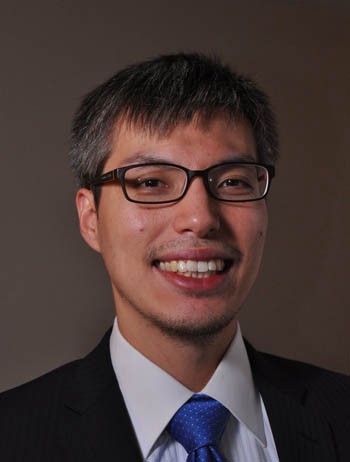COVID-19 created challenges for the Japanese Studies Program and its activities in 2020. At the onset, with only a few reported cases in the Philippines, it threatened to hamper the 18th Annual International Conference in Japanese Studies which was held in Ateneo de Davao University on January 31 to February 1, 2020. It was only the third time this conference was done outside of Manila and the first time to be hosted by Davao which had also been recovering from a series of earthquakes in the past year. Thankfully with moderate travel protocols in place and hardly any guests coming from the epicenter, the conference ended in a successful note.
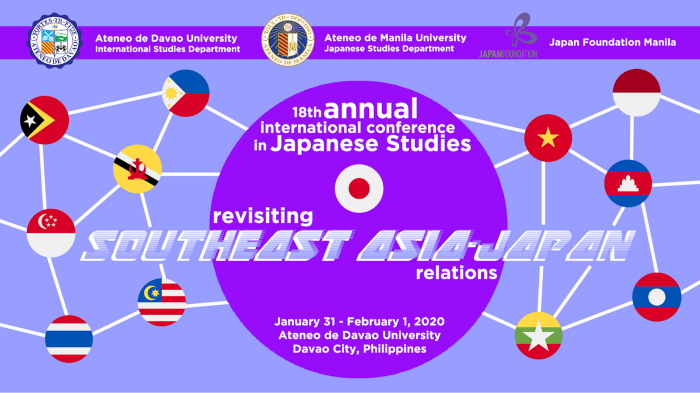
However, the reality of the situation hit hard when COVID-19 would be declared as a pandemic and the Enhanced Community Quarantine (ECQ) of Metro Manila began last March 17. Aside from the rush to move to an online medium of education, the Japanese Studies Program had pending project, the 4th Philippine Kana Art Competition. Thankfully, prior to the ECQ, all the physically submitted entries were already scanned and despite the delay, the winners were announced on April 19. The goals of both the conference and the contest was to help in the spread of Japanese studies throughout the Philippines, and was happy to have a winner based in Cebu.
Winners of the 4th Philippine Kana Art Competition:
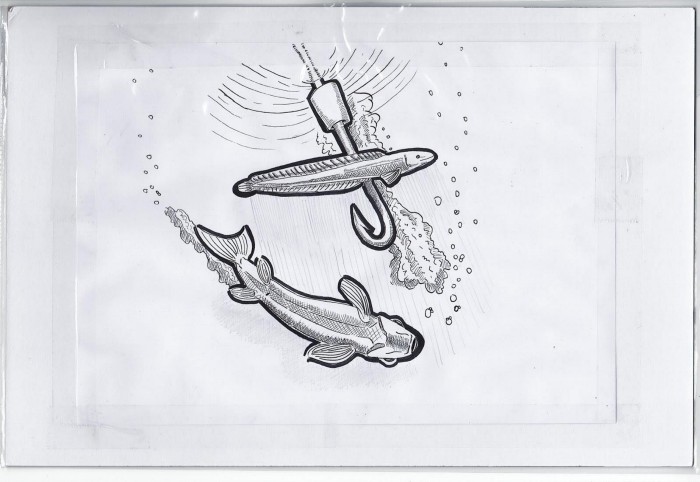
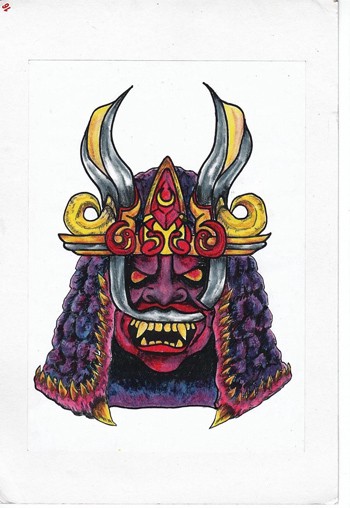
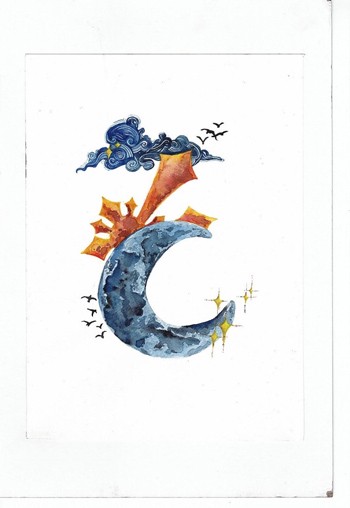
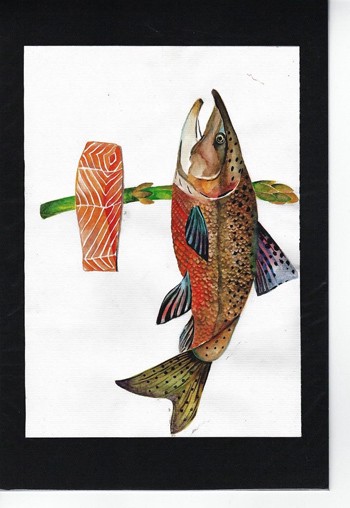
The move to an online platform for teaching proved to be challenging as our pedagogy required active class participation to assess our students. However, access to materials was also key towards a successful shift to online platforms. Thankfully for our language classes, there is a wealth of digital resources available which were shared by The Japan Foundation, Manila such as: Irodori: Japanese for life in Japan, Challenge with Erin — Japanese Language test, Nihongo E-na, Japanese in Anime and Manga and Marugoto, among others. Furthermore, a number of institutions related Japanese studies have successfully shifted towards providing access to materials online. This gave some leeway to our faculty in constructing their online classes and continue with their classes.
Despite these initial successes, the situation revealed yet another important issue to online pedagogy, the accessibility of constant connectivity for our faculty and students. In a normal situation, both would have relied on the free Internet from the university and accessibility at home was usually meant to be occasionally used for school. However, with the new context of both having to be online for 4–5 classes of roughly 3 hours a week each, the problem became aggravated. We noticed this when our students’ engagements in our online platforms slowly dwindled. This was temporarily solved by encouraging faculty to teach in an asynchronous matter as well as the University’s provision of pocket wifi to faculty and students.
On April 7, the Vice President of the Loyola Schools of Ateneo de Manila University issued a memo which ended the second semester of school year 2019–2020 and passed all of the students. This effectively stopped all online teaching and gave our faculty and students now time to decompress and cope with the current situation. This was paired by the decision of the university to move towards full online teaching for school year 2020–2021 with the platform AteneoBlueCloud. Now, our faculty are preparing for the upcoming semester by polishing and developing our online classes, taking into consideration the problems of long-term connectivity of both faculty and students. This means still conducting asynchronous teaching with a few occasions of online meetings for consultation, and to address the decreasing motivations of students taking these classes. Low-bandwidth and hard copy modules of the classes are also being prepared for students with limited accessibility.
Finally, while Japanese Studies Program does not have an undergraduate major, it has a minor program which graduates around 40 students every year. Unfortunately, with physical graduation ceremonies discouraged, the Japanese Studies Program commissioned artist Marius Black, known for his Manila Ukiyo-E prints, to make a piece which we would distribute to our graduates. After a few conversations with the artist, the resulting piece is the Church of Gesu with graduates.
One of the last things our students do before they graduate is celebrate mass at the church. We plan to pair the work with the idiom 「不撓不屈」 (Futoufukutsu) which roughly translates to “Perseverance” which becomes apt since in a time of struggle, the message we would give our students is to persevere.
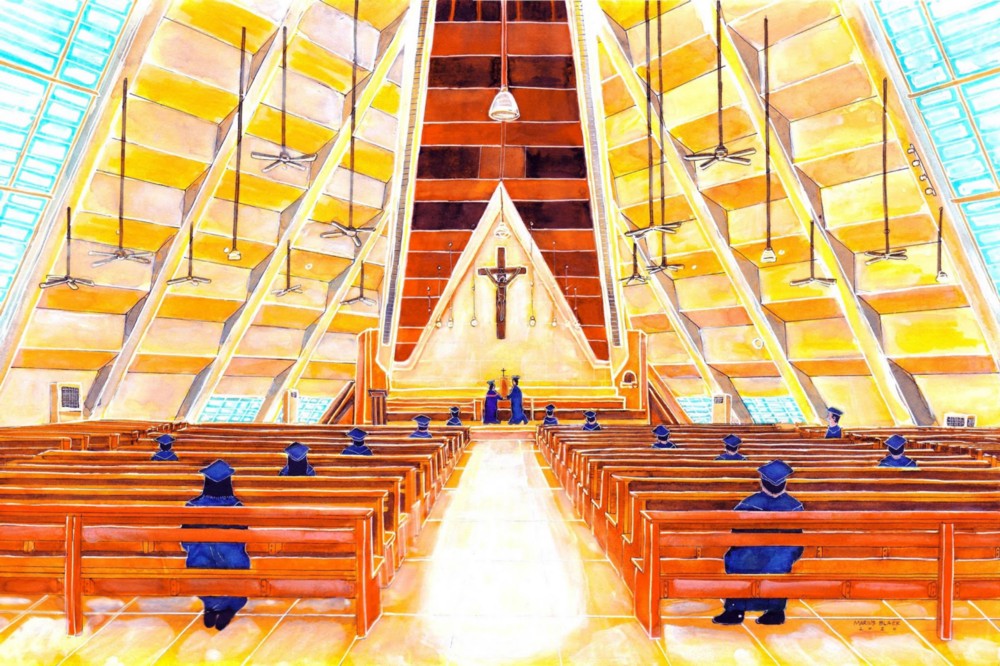
While our immediate future still remains uncertain, it is the mission and commitment of the faculty and staff of the Japanese Studies Program to continue to develop Japanese Studies in the Philippines through our teaching, research and activities despite these obstacles.



